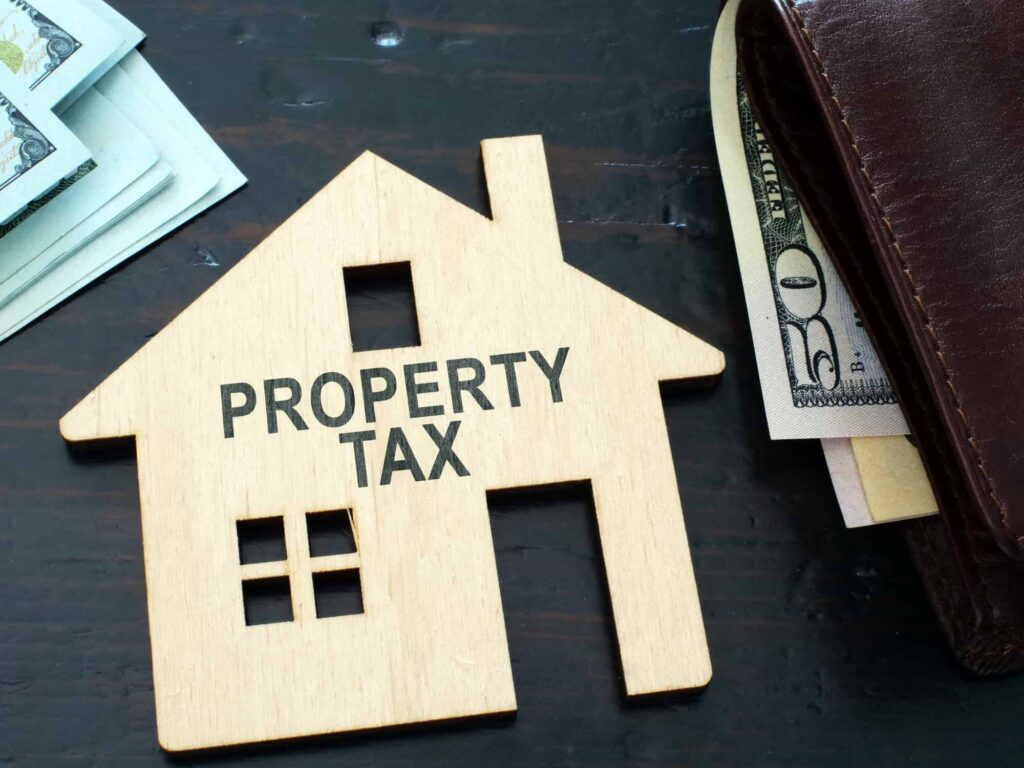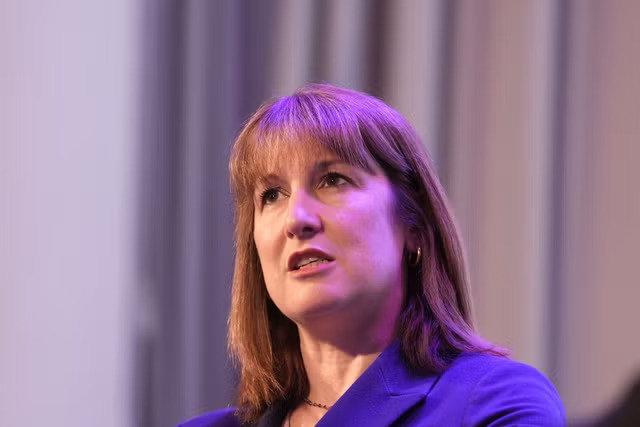Chancellor Rachel Reeves’ proposal to introduce a new property tax on homes valued above £500,000 has drawn sharp criticism, with opponents branding it a “tax on ordinary Londoners” that could place an even greater burden on families.
The chancellor is reportedly weighing a significant overhaul that would see homeowners charged when selling properties above the £500,000 threshold. In addition, new buyers of such homes would be required to pay an annual tax based on the property’s value.
If implemented, this measure would replace the existing stamp duty regime on first homes. At present, buyers pay stamp duty on properties over £125,000, with first-time buyers benefiting from a higher threshold of £300,000. Yet critics argue that this new system would unfairly target London households, where property prices already stretch far beyond the national average.
Simon Gerrard, chairman of Martyn Gerrard Estate Agents and a long-time advocate for reforming stamp duty, described the proposal as a “London tax.” He pointed to figures from Rightmove’s August data, which show the average price of a London property now stands at £666,983.
“Upping taxes for properties over £500K is not making the wealthy pay their fair share, it’s a tax on ordinary Londoners. It’s already nearly impossible for normal people to start a family in London as it is. This London tax will only make it harder.”
Simon Gerrard
Gerrard insisted the threshold for the proposed tax should be set significantly higher in London to avoid penalising working people and undermining Labour’s mission to support them. He also raised concerns that the system would distort the housing market. According to him, properties priced around the £500,000 mark could be heavily affected, creating a dangerous imbalance.
“You’re going to see a ceiling at the £500,000 threshold for that band of the market, as people avoid falling under the regime, and then a significant jump in values with nothing in between. Prices above £500,000 will skyrocket as sellers account for the losses caused by the tax that used to be paid by the buyer.”
Simon Gerrard
Critics Warn Of Housing Market Disruption
Television property expert Kirstie Allsopp also expressed alarm at the potential impact on homeowners. She described the proposed overhaul as “destabilising for people’s homes and mortgages.”
“It’s not Rachel’s to go after because it’s their homes. It’s the roof over their head. And this government seems to want to punish people for making the sacrifices they’ve made to buy their own homes.”
Kirstie Allsopp
Under the current rules, a first-time buyer purchasing a £500,000 home to live in pays £10,000 in stamp duty. If Reeves’ plan is adopted, however, the system would shift dramatically.

Owner-occupiers would be taxed when selling a property valued above £500,000, with the levy calculated based on the home’s worth. The amount would be set centrally and collected by HM Revenue and Customs (HMRC). Importantly, this levy would not replace stamp duty on second homes, meaning buyers of additional properties would still be subject to existing charges.
In addition to the sales tax, anyone who purchased a home over £500,000 would also pay an annual property tax.
Government insiders suggest the reforms are designed to capture the financial gains made by homeowners amid soaring property prices in recent years. Yet opponents caution that these changes risk backfiring by inflating asking prices for homes above the £500,000 threshold. Sellers may attempt to recoup future tax liabilities by setting higher prices upfront.
As the controversy grows, the fate of Reeves’ proposed property levy remains uncertain. For many families navigating London’s already punishing housing market, the prospect of additional costs could prove decisive in whether they can afford to buy or remain in the capital.
READ ALSO: Databank Research Tips Cedi for Tougher Times as Dollar Pressures Build






















